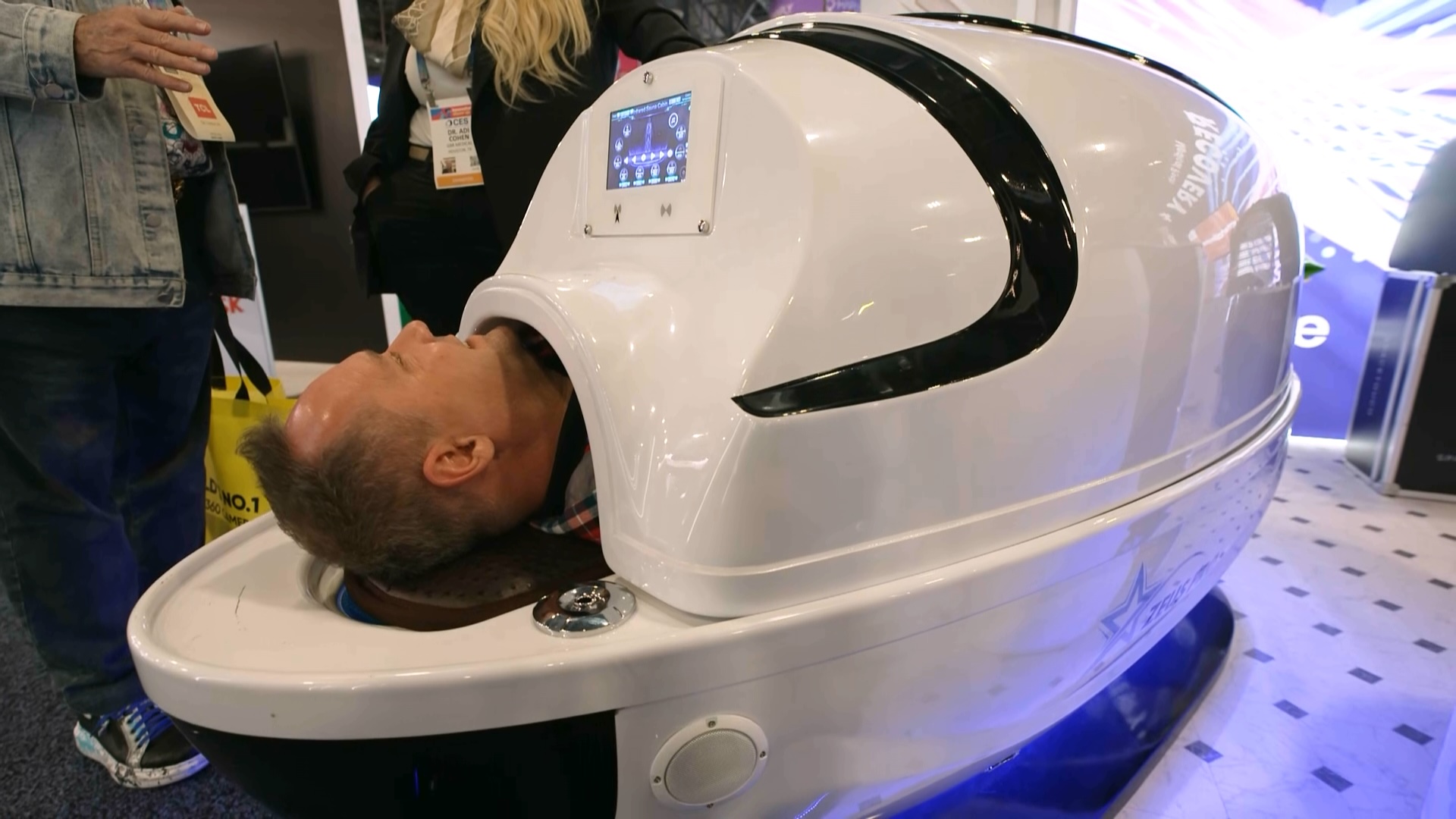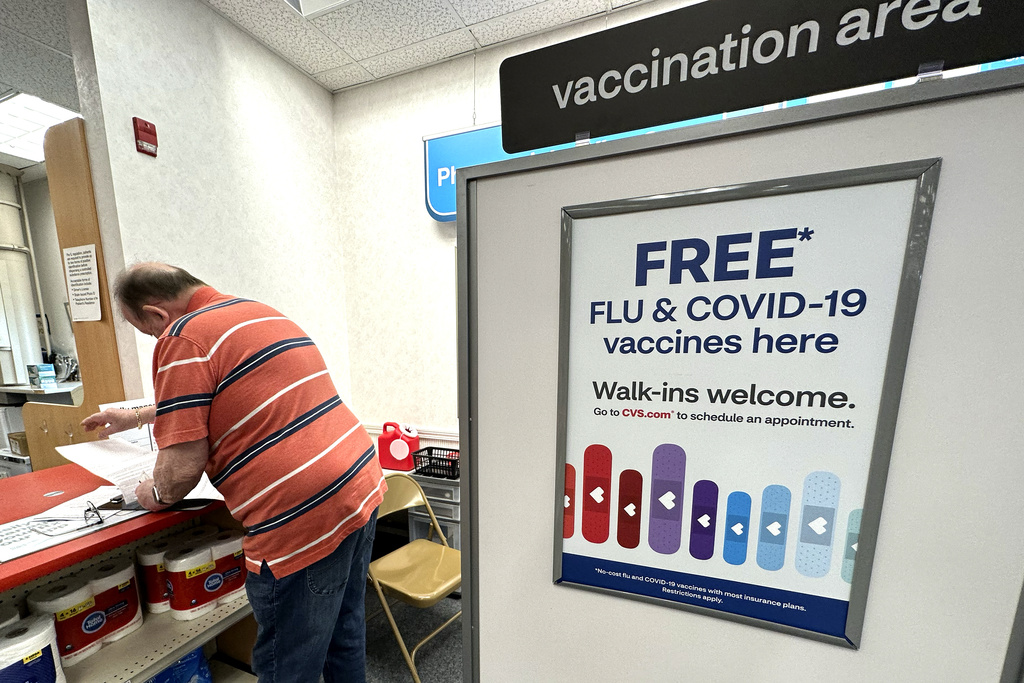Concussions and traumatic brain injuries, or TBIs, can be scary. We mostly hear about how sports can cause them with a big focus on kids. But the truth is, there are countless ways for adults to get a head injury.
The healing process can be about the body and the mind. That can take a lot of work that can interfere with your job and personal life. Figuring out how to navigate that, can be daunting.
That’s why we’re doing the research for you so you can focus on harnessing your health.
In this story you’ll hear from:
· Neurologist at Swedish Medical Center, Dr. Ira Chang
· Assistant professor of health and rehabilitation sciences at The Ohio State University, Jaclyn Caccese, PhD
· A patient who has suffered multiple concussions in their lifetime, Jana
Jana’s most recent concussion happened about a year ago.
“I just passed out at home, which I think is something that a lot of people experience for a whole host of reasons,” Jana said. “And I had hit basically this whole side of my face. So kind of my chin, cheek, and head area.”

Passing out is a common cause of non-sport-related concussions, according to Dr. Chang. Car crashes, falling down, and objects falling on you can also be causes. There can be some immediate symptoms if this happens.
“The hallmark of the concussion is that there's some type of confusion or disorientation, and typically some loss of memory for the events, and there may or may not be a loss of consciousness,” Dr. Chang said.
There are also a number of other symptoms that can follow a concussion, which Jana experienced.
“The nausea is a short-term thing, maybe like a week or less, and you're eating is off and the temperature stuff. But then the longer-term stuff of like sound sensitivity, light sensitivity, inability to look at screens,” Jana said. “Inability to line track is one of the things that I have had now with two of my concussions. So, it's when you get to the end of the line, you need to go to the next correct place on the next line when you're reading, or even just scanning across a page with your eyes was really taxing and disorienting.”
There’s a lot going on inside the brain to cause these symptoms.
“It's like a stunning of the brain cells from the impact or stretching of the brain cells,” Dr. Chang explained. “With more severe brain injuries and concussions, you can actually get some damage to those brain cells at a very microscopic level, and then that can lead to bruising of the brain cells, some swelling. And then after that heals, you can actually be left with a little bit of scar tissue, and that is probably the basis for what the football players have, which is chronic traumatic encephalopathy (CTE)."
All of this can mean mental health symptoms, too.
“Depression, irritability, mood swings-- these are all things that are very intertwined, and sometimes are the symptoms of the concussion itself, but sometimes the concussion symptoms can exacerbate any underlying mental health issues,“ Dr. Chang said.
Caccese recently published research looking further into how concussions can be linked to mental health. Her team of researchers partnered with an Ohio sheriff’s department to examine the connection between PTSD and head injuries among law enforcement.

Some key findings:
· 74% of law enforcement officers reported one or more head injuries in their lifetime.
· 30% say those injuries happened on the job.
· Officers with a history of head injuries had higher rates of PTSD and depressive symptoms than those who have never had a head injury.
If officers don’t address head injury symptoms, it can not only be dangerous for them, but the community.
“If you think of following concussion, two of the common signs and symptoms are sensitivity to light and noise. Now, if we think about law enforcement officers driving at high speeds in the dark say, with lights and sirens on, these can be particularly symptom provoking for those individuals,” Caccese said.
Jana is not a law enforcement officer, but her concussions have also impacted her work.
“I think what's hard with a concussion is that you're trying to make decisions about what to do or not do with a brain that cannot make decisions,” Jana said. “I had up an away message that essentially said, ‘I'm recovering from a head injury. Please resend your email in bullet points and expect delays and include my project manager on any email communication, so that if something falls through the cracks they can make sure that I address it.’”
Some jobs may have a return-to-work protocol for head injuries, like those that put workers more at risk. But the reality is, the majority of jobs don’t have a plan for this. The CDC recommends asking your health care provider for guidance that can be passed along to your employer. The Ohio State research team came up with a specific plan for law enforcement officers.
First, is removing the officer from duty.
“Sometimes law enforcement officers are involved in a situation that they can't safely remove themselves at the moment of injury, so as soon as possible,” Caccese said.
Next, is medical screening and gradually increasing activity—this advice may apply to those outside of law enforcement as well.

“Don't go out and run a marathon, or do a hard weight-lifting workout, but rather, go for a walk, maybe a light jog if your balance is fine,” Caccese said.
Patients may also undergo rehab for long-term head injury symptoms.
“There's speech therapists who do cognitive therapy, and there's physical therapists, and then there's occupational therapists who work with the eyes and the hands and the upper body,” Dr. Chang said.
For Jana, she uses things like noise canceling headphones and a special pair of glasses to help her stay focused in noisy or bright settings.

“An ophthalmologist recommended a specific type of glasses that are designed for both ocular migraines, and for concussions. They're called FL-41s; it's a shade of pink, but they basically filter out a very specific wavelength,” Jana said.
To figure out the best approach to address any concussion symptoms you may have, consult with your doctor.












